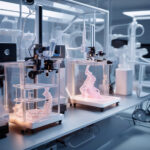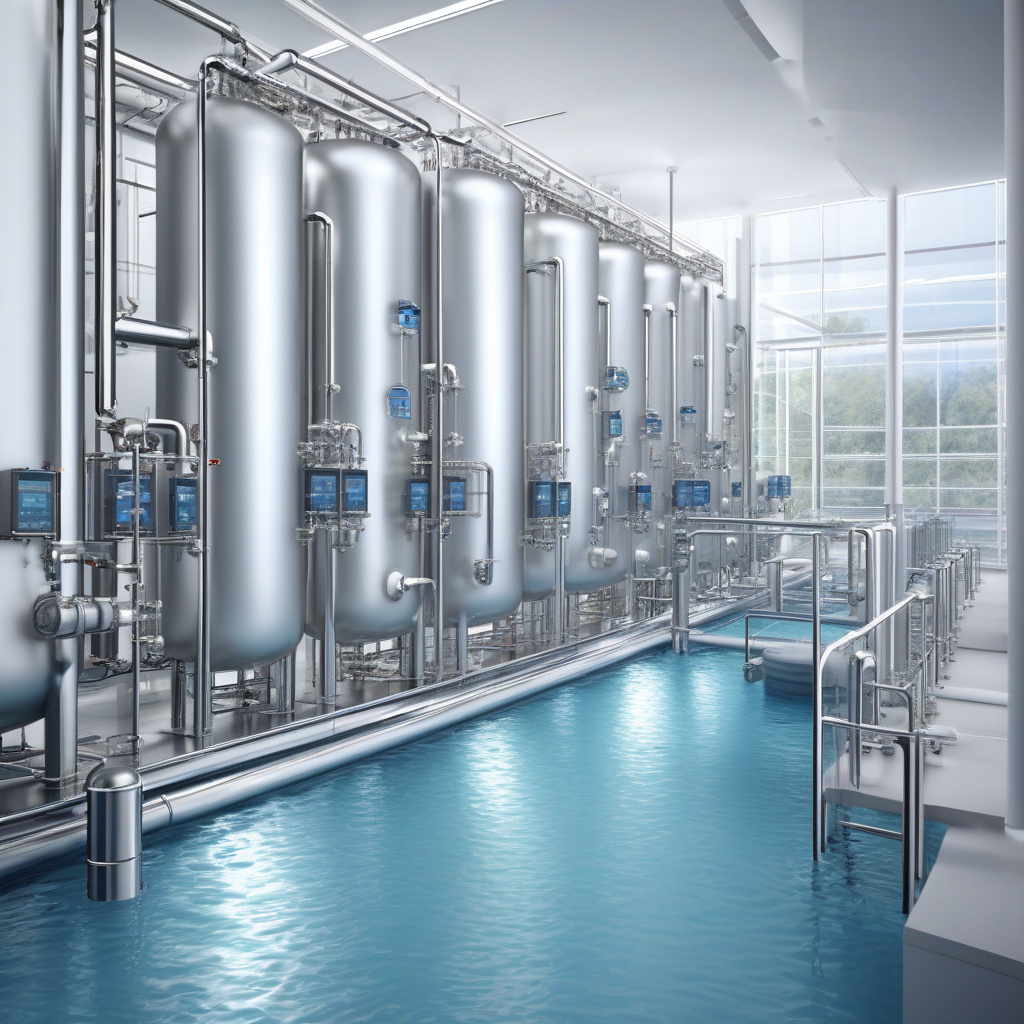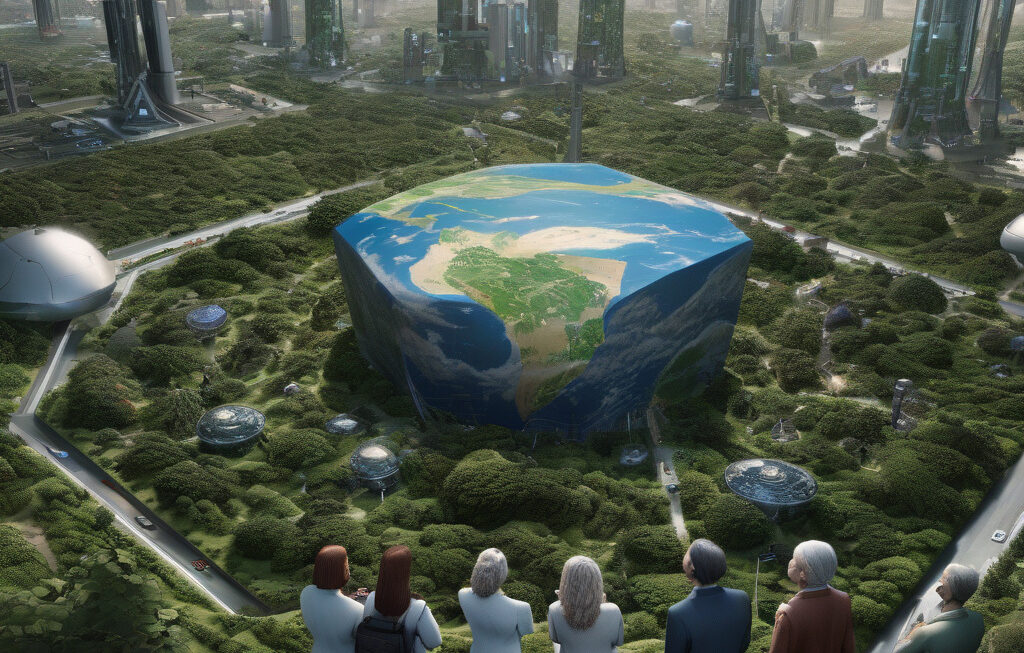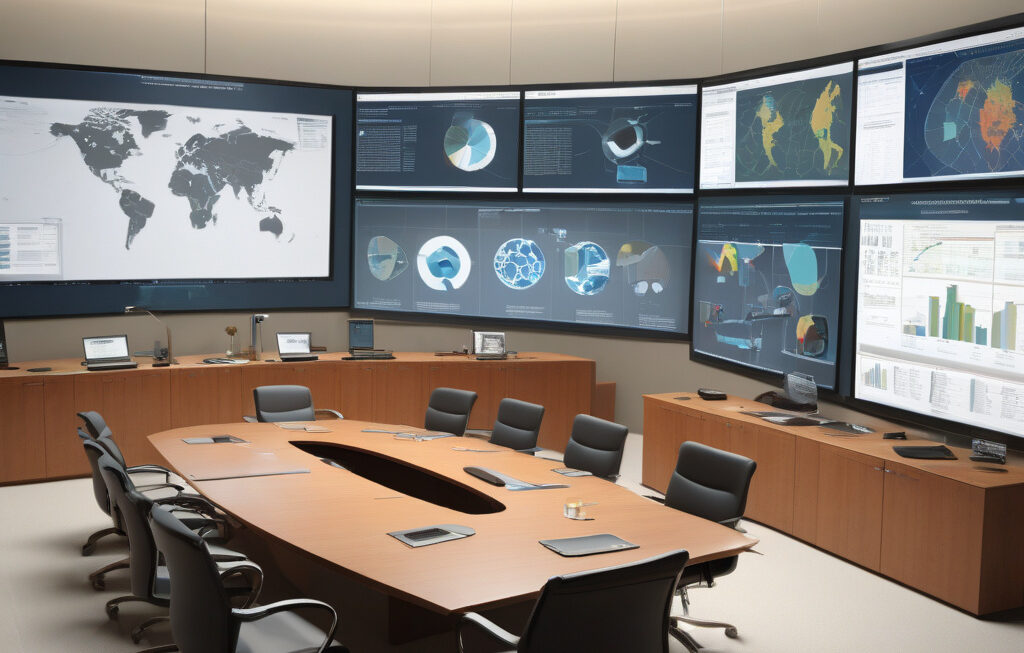The future of water treatment: Innovations in filtration and purification
Water is the essence of life, yet it is a finite resource facing increasing challenges due to pollution, climate change, and growing demand. In response to these pressing issues, innovations in filtration and purification technologies are emerging as critical solutions to ensure access to clean and safe water for all.
Traditional methods of water treatment, such as chlorination and sedimentation, have been effective to a certain extent. However, with the ever-growing contaminants present in water sources, more advanced techniques are required to meet the escalating demands for clean water. This is where innovations in filtration and purification play a vital role.
One of the key advancements in water treatment technology is the development of membrane filtration systems. These systems employ semi-permeable membranes to remove particles, impurities, and microorganisms from water, producing high-quality treated water. Membrane filtration can be further categorized into microfiltration, ultrafiltration, nanofiltration, and reverse osmosis, each offering varying degrees of filtration based on the size of contaminants.
Reverse osmosis, in particular, has gained significant attention for its ability to remove even the smallest particles, including dissolved salts and heavy metals, from water. This technology is widely used not only in industrial water treatment plants but also in residential water purifiers, providing households with access to clean drinking water.
Another innovative approach to water treatment is the use of advanced oxidation processes (AOPs). AOPs involve the generation of highly reactive hydroxyl radicals to oxidize and decompose organic and inorganic pollutants in water. This method is highly effective in eliminating a wide range of contaminants, including pharmaceutical residues, pesticides, and industrial chemicals, making it a versatile solution for water purification.
Furthermore, the integration of artificial intelligence (AI) and machine learning algorithms in water treatment systems has revolutionized the way water is purified. These technologies enable real-time monitoring of water quality parameters, predictive maintenance of equipment, and optimization of treatment processes, leading to more efficient and sustainable water treatment operations.
In addition to technological innovations, there is a growing emphasis on sustainable practices in water treatment. Green technologies, such as constructed wetlands, biofiltration, and solar water disinfection, are gaining traction for their environmentally friendly approach to water purification. These methods not only reduce energy consumption and carbon footprint but also promote ecosystem restoration and biodiversity conservation.
The future of water treatment lies in a combination of innovative technologies, sustainable practices, and collaborative efforts to address the global water crisis. By embracing advancements in filtration and purification, we can ensure a safe and secure water supply for current and future generations.
To stay updated on the latest developments in water treatment innovations, visit Innovation News Network.
water treatment, filtration, purification, innovations, sustainability












